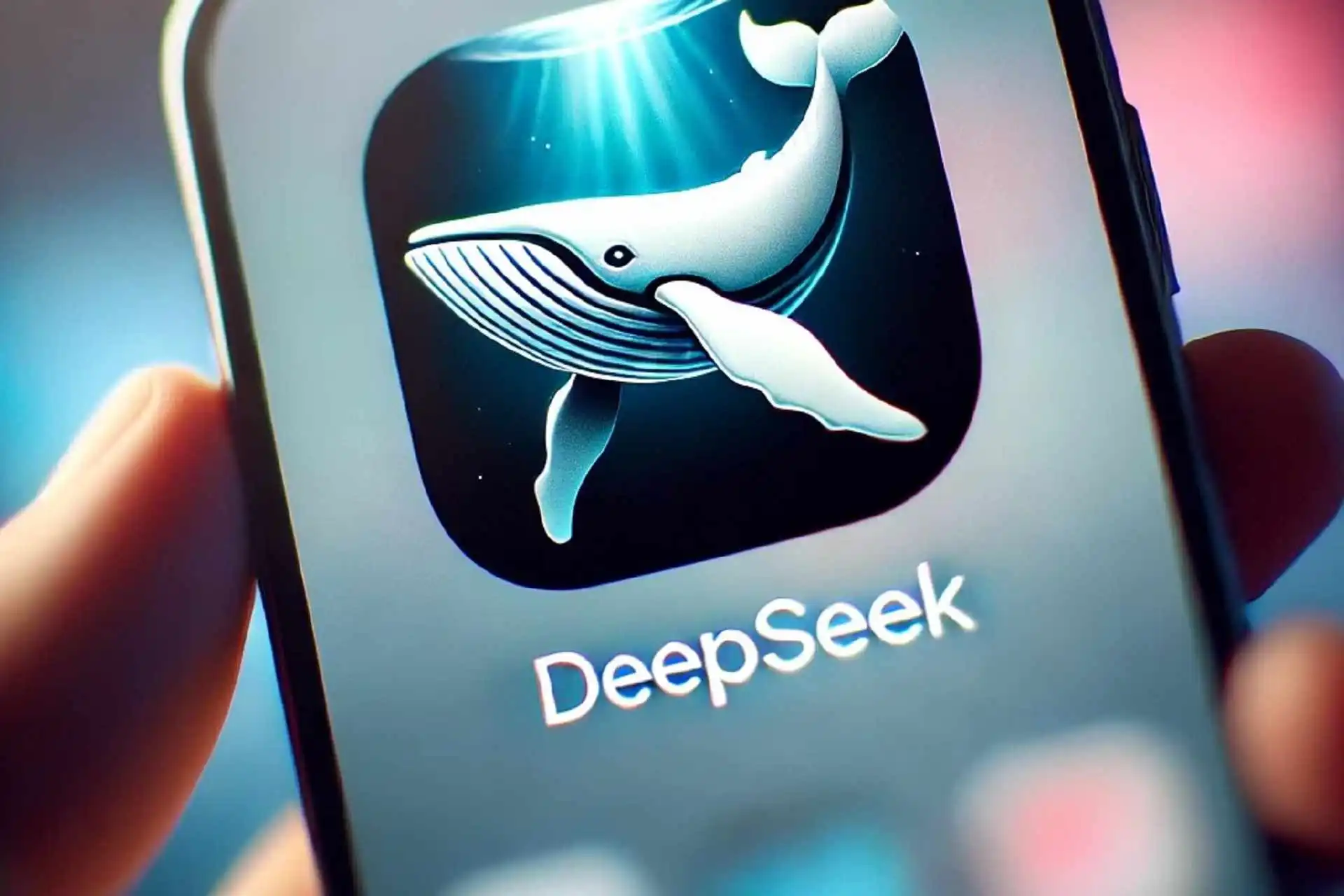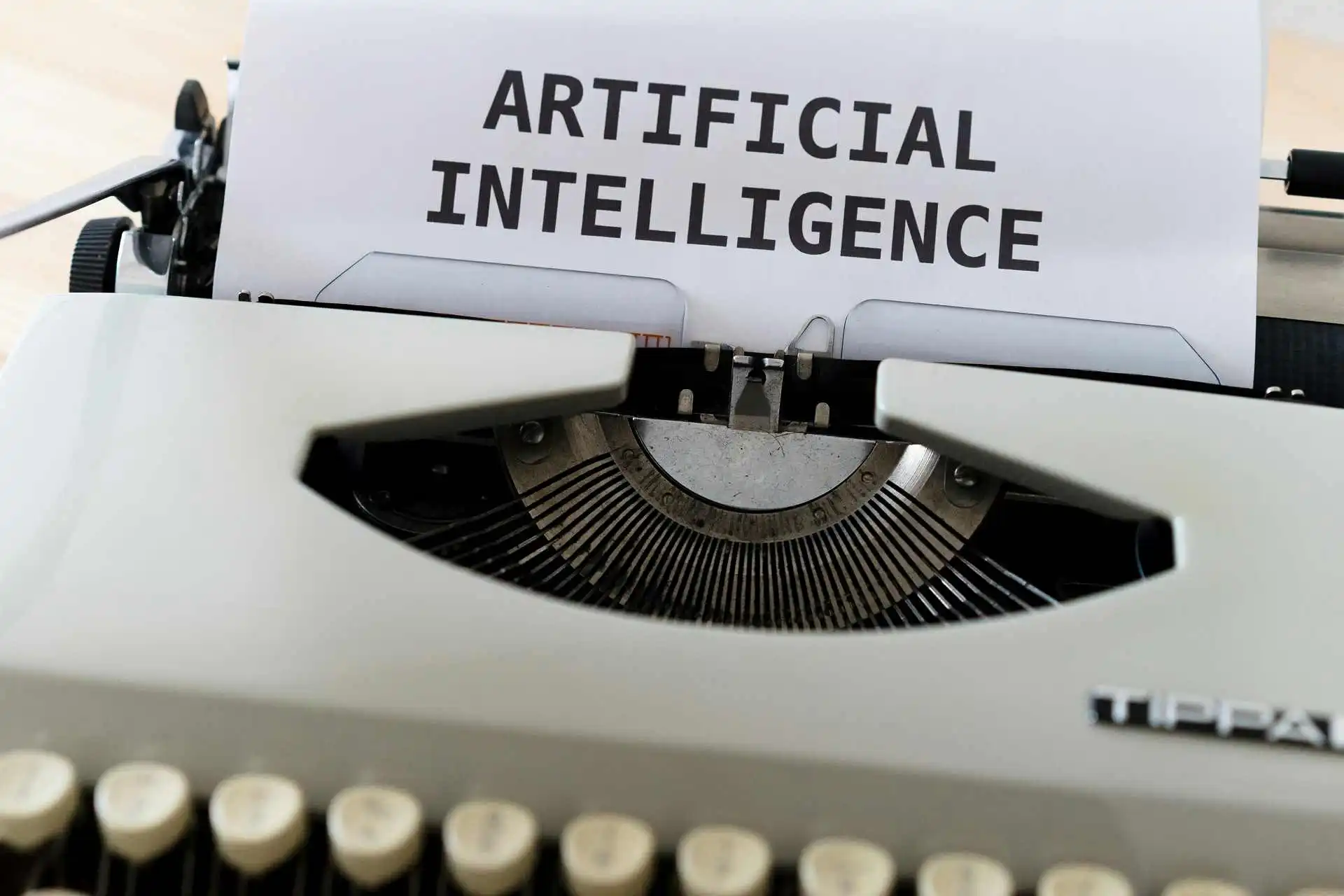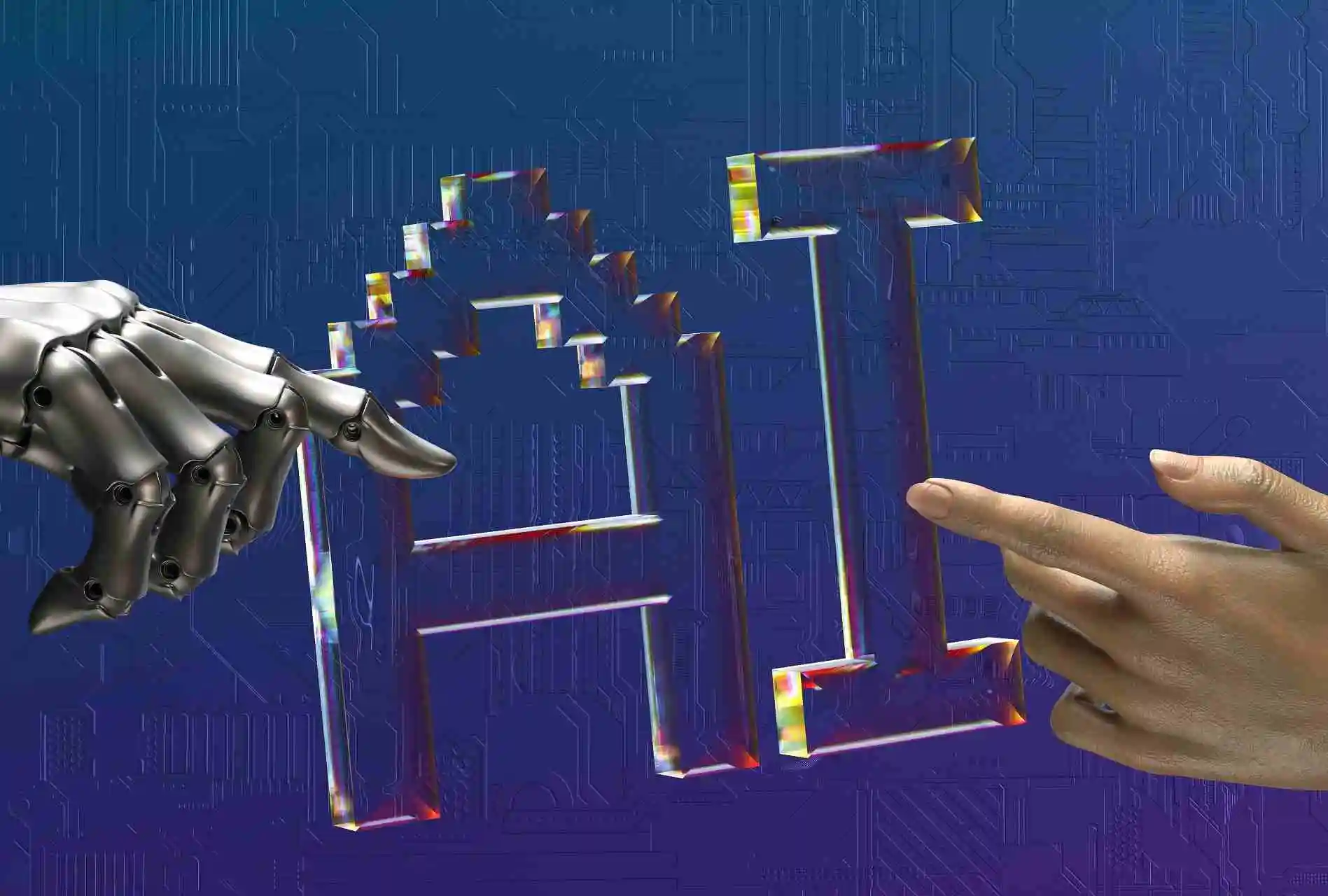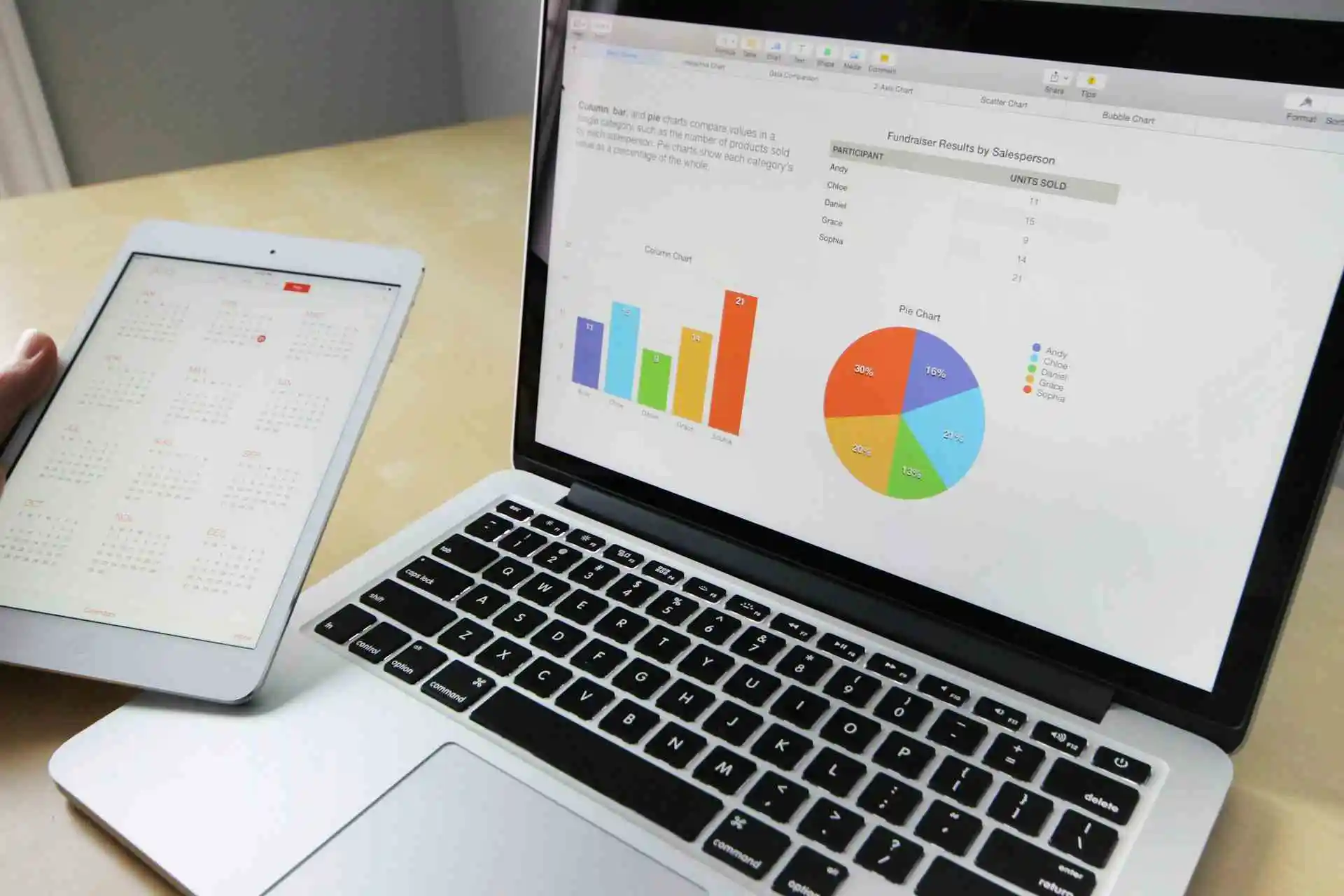The debate of AI vs human intelligence is getting traction lately. Elon Musk, a Self-made billionaire and a maverick entrepreneur who erected Paypal, Tesla and SpaceX companies from the ground up, stirred up a storm when he said that AI will probably be smarter than any single human by next year. It kick started a new debate within AI and tech experts about the merits of his claim and now everyone is searching for the same answer. Is it possible for artificial intelligence to become smarter than humans? Let's find out.
What is AGI
Artificial general intelligence or AGI is generally referred to as artificial intelligence and varies in definitions depending on who you ask and what is their perspective. According to some, artificial intelligence is the ability to achieve goals by actively solving problems and to others, it is defined by adaptability or survival.
Artificial general intelligence is an expansion of the weak or narrow AI which is the application of artificial intelligence that deals with limited or specific tasks. Self-driving cars use narrow AI. Future of the artificial intelligence relies mostly on those two models. We all pretty much know the anatomy of a human brain but let's try to understand how artificial intelligence produces the results and what the process of its thinking is.
How Does Artificial Intelligence Work?
Alan Turing, A British technical visionary and maverick scientist published a paper in 1950 claiming that it was possible to create software for a digital computer that enabled it to observe its environment and to learn new things. He paid the price for such a bold statement with his life but as it turned out, he was not wrong.
Today, AI is responsible for lending machines the ability to learn from experience and perform the tasks that were once considered only possible by humans. Now, let’s try and explain the functioning of this phenomenon that gives a hard time to seasoned experts to explain as well.
A gigantic amount of data is collected (of course by humans) and applied to mathematical models or algorithms. Patterns are identified by those systems using the data that was fed and the process of training is started. Those algorithms are deployed through different applications where the machine learning process helps them to learn and adapt new data. This process set up the foundation of complex task performances such as image recognition and language processing with amazing accuracy.
There is more than one way that help AI perform. The primary approach is the machine learning computer continuously learns from the provided database and gets progressively better at performing tasks. It identifies historical data input and predicts output value. Another way is through Neural Networks. This technique is used for machine learning. Several networks process data by mimicking the structure of the human brain. The network learns to recognize complex patterns and can even learn from their mistakes. Translation works, recognizing images and understanding human speech are just a few examples.
The most important subset of AI is deep learning. It uses deep neural networks that consist of multiple hidden layers through which data is processed. It allows the machine to go deep and understand more complex patterns that result in solving complex tasks such as natural language processing and speech recognition.
Natural language processing involves teaching computers the written and spoken language in a similar manner as humans. NLP consists of all the above-mentioned parameters such as linguistics, machine and deep learning that help in the understanding of unstructured text or voice data and extract relevant information.
Difference between AI and the Human Brain
Although it has become a norm to compare the human brain and artificial intelligence in the same breath, those two have nothing in common. Artificial intelligence encompasses technologies enabling computers to emulate cognitive functions like learning and problem-solving, whereas human intelligence comprises a range of innate mental abilities such as creativity, perception, and memory. There are some glaring differences between the two that make them both incomparable.
Consciousness
Humans manage their thoughts and emotions and shape their behaviour according to the world around them. On the other hand, AI systems are not that advanced and have to work without consciousness. Certain algorithms try to mimic it but a trained eye can see the difference easily.
Emotional Intelligence
The most important edge that a human mind has over AI is its ability to evoke emotional intelligence. The human brain is capable of showing empathy and reacting accordingly while AI is unable to produce or show those traits. They can't relate to emotional experiences.
Creativity
People are creative and can think of new things, whether they're making art or solving a problem. They can come up with original ideas. But artificial intelligence isn't like that. It needs humans to tell it what to do. So, even when AI makes art, it follows set rules and patterns.
Common Sense
Common sense is something humans have that helps us understand what's going on and make choices depending on the situation. But artificial intelligence doesn't have this ability. It doesn't understand context like we do, so it can't reason with common sense. AI just uses the information it's given and can't link it to what it already knows. Plus, when faced with something new, AI can get confused and have trouble deciding what to do.
Conclusion
In the end, there is no denying the fact that it is humans who have given birth to artificial intelligence and they are the ones who are using their brains to make it better at a breakneck speed. They are the ones who devise designing, coding and algorithms which allow computer systems to mimic the learning from the environment and handle complex problems.
But, keeping all that aside, the main question was “Will AI Outsmart Human Intelligence? How long before that happens”. There are clear signs for the ones who can see. Even though its not yet possible to build an AI with human intelligence, it is quite possible to create algorithms that can mimic human brains.
AI has a set of advantages as well such as performing with efficiency, completing tasks with precise accuracy, and completing countless tasks without being exhausted or stressed. Completing the tasks without incurring any errors, and storing an infinite amount of data that is available at a single click. The raw computational power enables machines to take the edge and there is no doubt that artificial intelligence will have a lot more information and would use it better than a human brain could but here is the thing. AI would never be able to make someone smile while on its way to the office, will never be able to start dancing in the rain with no purpose or will never be able to think progress the way a human brain could. Human brains are magnificent and will never be outdated or outsmarted by the machines they produce.








Leave a COMMENT